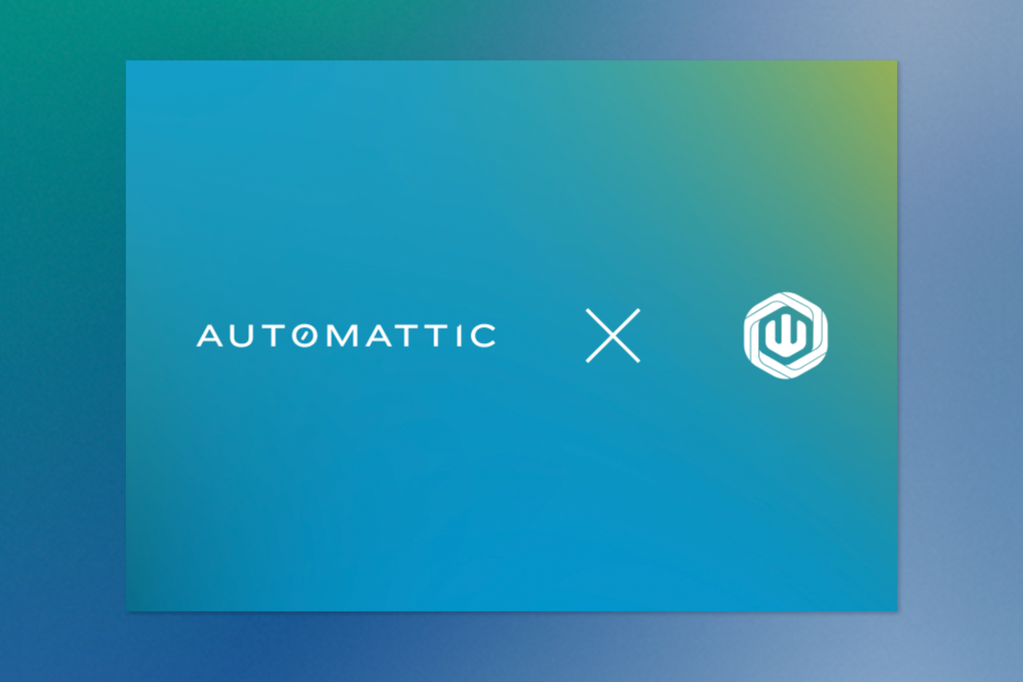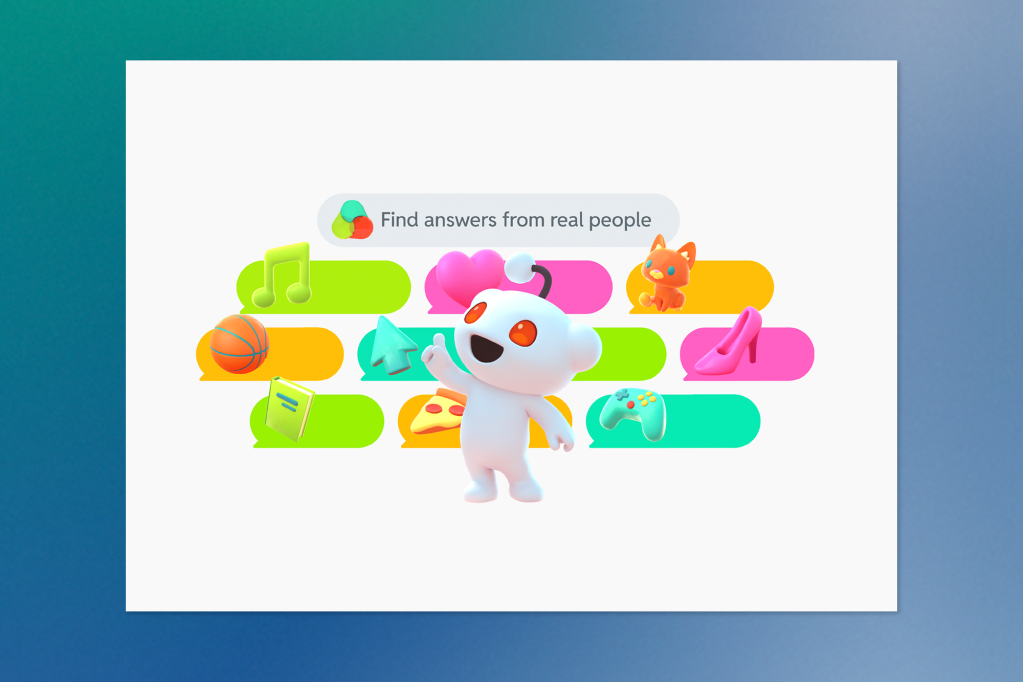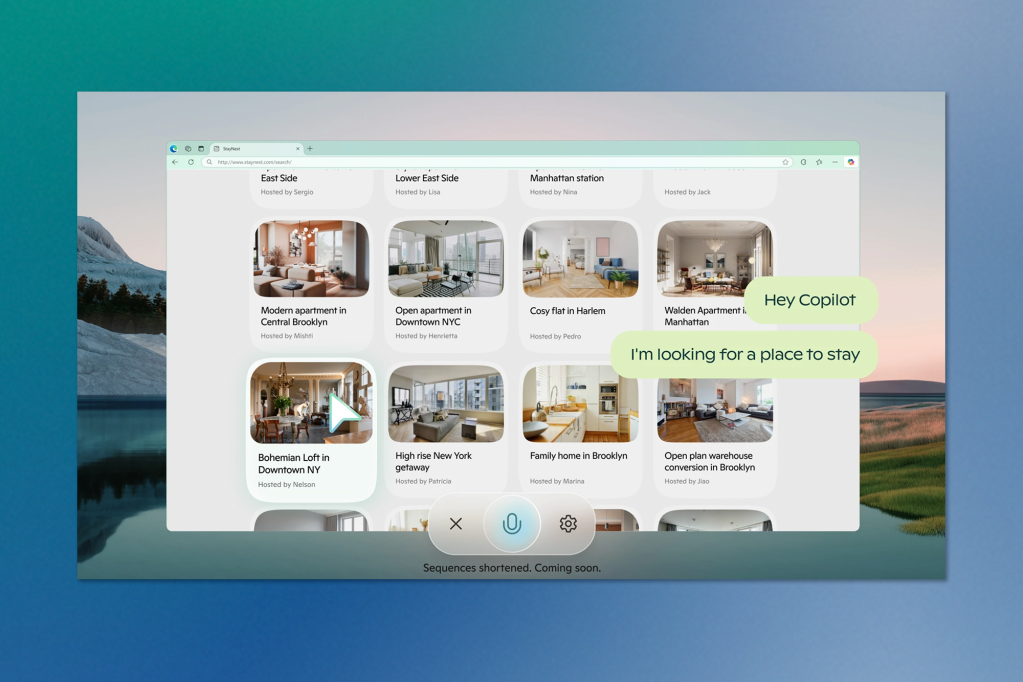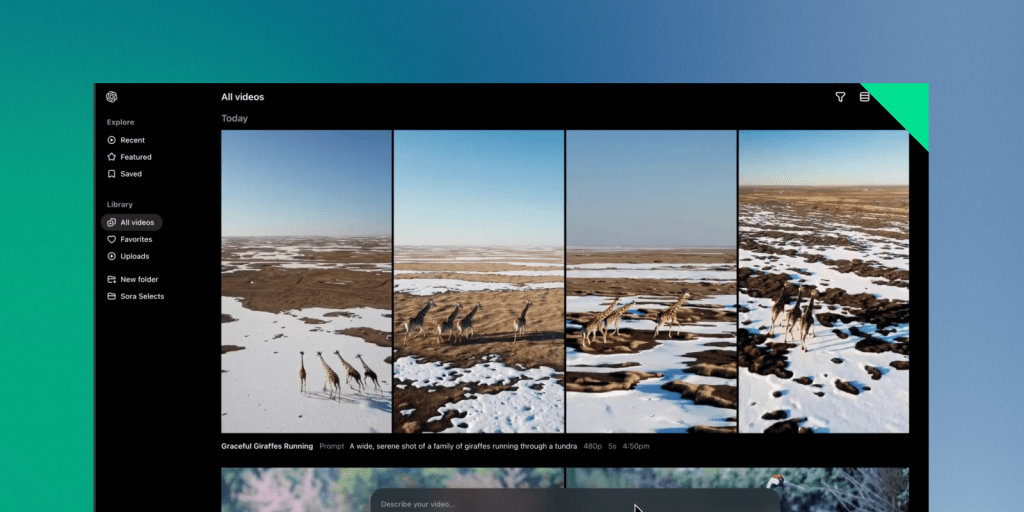From OpenAI’s launch of Sora, a text-to-video toolset to transform storytelling, to Reddit’s Answers, a conversational AI search feature pulling insights from real communities, this week’s roundup highlights how AI is reshaping creativity and interaction. Automattic’s acquisition of WPAI brings advanced AI tools to WordPress, while Microsoft’s Copilot Vision introduces a new way to navigate the web with AI assistance. Amid these advancements, Google’s emotion-detecting AI, PaliGemma 2, has sparked critical discussions on bias and ethics in AI applications. Here’s what’s making waves in AI this week!
OpenAI Unveils Sora
OpenAI’s Sora, a cutting-edge video generation model, has officially moved out of research preview and is now available as a standalone product at Sora.com. Exclusively accessible to ChatGPT Plus and Pro users in most regions outside the EU, this release marks a pivotal moment in the evolution of AI-powered video storytelling.

What is Sora?
Sora is a text-to-video AI model that lets users create realistic videos up to 20 seconds long with resolutions of up to 1080p. It also offers powerful features for blending and sequencing videos using a new Storyboard interface, enabling more precise creative control.
The latest version, Sora Turbo, is significantly faster and builds on OpenAI’s February preview by offering:
– Video generation from text prompts, images, and existing videos.
– Advanced tools like Blend, Re-mix, and Re-cut for creative flexibility.
– Output in widescreen, vertical, or square aspect ratios.
Subscription Plans and Access
– ChatGPT Plus ($20/month): Includes up to 50 monthly videos at 720p resolution.
– ChatGPT Pro ($200/month): Unlocks up to 500 videos at 1080p, with unlimited low-priority generations and watermark-free downloads.
Sora is not yet available in the EU, UK, or Switzerland due to compliance and regulatory complexities, though OpenAI plans to expand access.
Focus on Safety and Transparency
Recognizing the risks of misuse, OpenAI has built robust safeguards into Sora, including:
– C2PA Metadata: Identifies videos as Sora-generated to ensure transparency.
– Moderation Standards: Filters for harmful content such as CSAM, deepfakes, and misuse of personal likeness.
– Prompt Re-writing: Prevents generating videos that mimic living artists’ styles.
– Red Teaming: Extensive pre-launch testing to identify risks and refine safeguards.
A pilot feature allowing the use of real likenesses is limited to select early testers, with strict policies and active monitoring to prevent misuse.
Why Sora Matters
Sora aims to serve as a foundation for AI systems capable of simulating reality, establishing a foundation for advanced applications in world simulation and physical interaction. OpenAI hopes its phased release will encourage societal dialogue around responsible use and co-development of norms for this transformative technology.
What stories will Sora help you tell? Let’s explore its creative potential and discuss the implications of this groundbreaking AI tool.
Automattic Expands Its AI Arsenal with WPAI Acquisition
Automattic, the company behind WordPress.com, is strengthening its AI capabilities with the acquisition of WPAI, a startup focused on developing AI tools for WordPress. This acquisition signals Automattic’s ambition to embed more innovative AI solutions into the WordPress ecosystem, benefiting users and developers alike.

What is WPAI?
WPAI is the creator of tools like:
– CodeWP: An AI-powered plugin generator for WordPress.
– AgentWP: An AI assistant tailored for WordPress site builders.
– WP Chat: A chatbot for WordPress-related queries.
While CodeWP and AgentWP will be discontinued in their current forms, they’ll be reimagined as part of Automattic’s suite of AI solutions.
What This Means for WordPress
The WPAI team will join Automattic to lead efforts in:
– Developing AI standards for WordPress.
– Enhancing core WordPress functionality with innovative AI tools.
– Building resources to help users create and manage websites more effectively.
Automattic’s CEO, Matt Mullenweg, emphasized that these advancements will align with open-source principles while driving thoughtful collaboration within the WordPress community.
Reddit Launches AI-Powered Search Tool to Deliver Instant Community Insights
Reddit has introduced Reddit Answers, a conversational AI tool designed to provide quick, curated responses to user queries. By pulling insights from real conversations across the platform, the feature simplifies the search experience, making Reddit a competitive alternative to AI tools like ChatGPT and search engines like Google.

The feature provides concise, conversational responses sourced from Reddit’s communities. Users can:
– Receive curated summaries based on their questions.
– Access inline snippets from real user posts.
– Explore referenced threads to dive deeper into conversations.
– Use follow-up questions to refine searches.
For instance, asking, “How can I improve my productivity?” generates a bulleted summary from user discussions, with links to explore original threads.
Reddit Answers allows the platform to retain users who might otherwise turn to external AI tools or search engines. With Reddit being a popular destination for advice and opinions (often included in Google searches via the “Reddit” keyword), this feature enhances Reddit’s direct value proposition.
Powered by AI
Reddit Answers leverages a combination of Reddit-built AI models alongside OpenAI and Google Cloud integrations to deliver its conversational search capabilities. This builds on the platform’s earlier AI-powered features, including translation tools and enhanced search functionalities. Additionally, Reddit is utilizing AI to provide brands with deeper insights derived from its vast repository of user-generated data.
Currently, Reddit Answers is available to a limited number of users in the U.S., with support in English. The company plans to expand access globally and introduce additional languages.
Microsoft’s Copilot Vision Brings AI Browsing Assistance to Edge
Microsoft is taking a significant step in integrating AI directly into web browsing with the preview release of Copilot Vision. Available exclusively through Copilot Labs in the U.S., this new tool promises to assist users by understanding and interacting with the content of the websites they visit.

What Can Copilot Vision Do?
Copilot Vision uses AI to analyze text and images on webpages, providing answers to user queries like “What’s the recipe for this dish?” or summarizing and translating text. Beyond that, it can highlight deals in online catalogues or even act as a game assistant during matches on platforms like Chess.com. The tool is conveniently located within the Edge browser and available through Microsoft’s $20/month Copilot Pro plan.
Privacy and Limitations
To address privacy concerns, Microsoft emphasizes that Copilot Vision doesn’t store or use user data for training purposes. However, the tool is limited to a pre-approved list of “popular” sites and is restricted from paywalled or sensitive content, though Microsoft hasn’t fully defined what falls under these categories.
Shaping the Future of AI Browsing
While Copilot Vision offers intriguing capabilities for simplifying web navigation, its success hinges on Microsoft’s ability to address publisher concerns and refine its approach to privacy. With feedback loops and cautious rollout strategies, Microsoft aims to create a tool that enhances user experiences while respecting content creators’ rights.
Google’s Emotion-Detecting AI Sparks Controversy
Google’s latest AI, PaliGemma 2, is stirring debates in the tech world. Announced last week, the model family claims to identify emotions in images, generating captions beyond object recognition to describe scenes, actions, and even people’s emotions. While this feature has intriguing applications, experts are raising red flags about its implications.
What’s New with PaliGemma 2?
Based on Google’s Gemma open model set, PaliGemma 2 requires fine-tuning for emotion detection. The company touts “extensive testing” to minimize bias, using benchmarks like FairFace. However, critics note that these benchmarks are limited in diversity and may perpetuate biases against marginalized groups.
Regulation and Risk
The EU’s AI Act restricts emotion detection in specific contexts, such as schools and workplaces, but gaps remain for law enforcement. With PaliGemma 2 accessible on platforms like Hugging Face, experts worry about potential misuse in areas like policing, hiring, or border control.
Google’s Defense
While Google emphasizes its commitment to safety and ethics, concerns linger. Critics argue that true responsible innovation demands proactive consideration of societal impacts, not just after-the-fact testing.
What’s your take on emotion-detecting AI? A breakthrough or a boundary best left untouched?
Keep ahead of the curve – join our community today!
Follow us for the latest discoveries, innovations, and discussions that shape the world of artificial intelligence.


